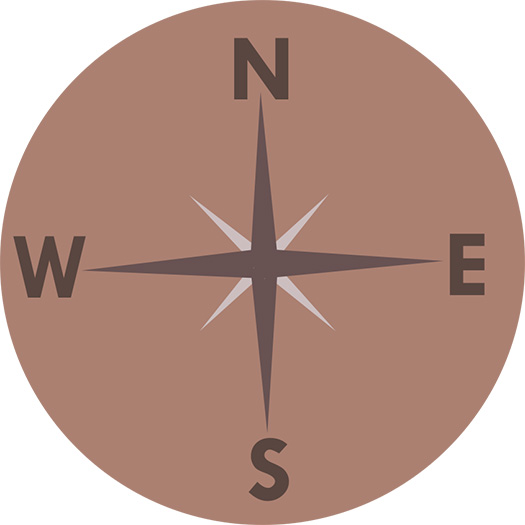Dementia vs. Depression
Dementia is marked by a slow mental decline with confusion and inability to recognize familiar people and locations. Writing, speaking and motor skills are impaired. People with dementia often do not think they have a memory problem.
Depression is marked by a quicker mental decline, but memory of time, date and awareness of the environment remains. Motor skills are slow, but normal. People with depression are concerned about their concentration and memory.
Early Signs of Dementia
It’s totally normal to misplace your wallet or forget the names of your kids’ friends every so often. But while some memory lapses are no big deal, others could signal the beginnings of dementia. Dementia includes Alzheimer’s disease, frontotemporal disorders, and Lewy body dementia.
If you suspect that you (or someone you know) has dementia, talk to your doctor right away. Here are a few signs and symptoms to be aware of:
- You can’t remember having a conversation with someone
- Everyday tasks become increasingly difficult like paying bills or writing checks
- You misplace objects
- You feel unmotivated
- You have trouble maintaining a conversation with people
- You get lost when you’re driving
- You’re uncharacteristically impatient
- You don’t trust people anymore
Some Symptoms May Be Mistaken for Dementia
Nutritional deficiencies, side-effects from medications and emotional distress can all produce symptoms that can be mistaken for early signs of dementia. However these symptoms may also indicate depression. Consequently, it is vital that a person showing cognitive changes consults a doctor to see if the condition can be diagnosed and treated accordingly.
Telling The Difference Between Depression and Dementia
Memory: People who are depressed may have trouble concentrating. They may even suffer occasional memory lapses, which can make their mood worse. But people with dementia consistently have trouble storing new information, such as the recent visit of a close relative or what they ate for dinner. They may not remember eating dinner at all.
Orientation: Most people who are depressed generally know with whom they’re speaking, what time and day it is, and where they are. People with dementia tend to be confused about some or all of this.
Language: Depressed people use language properly, although they may speak slowly at times. People with dementia often have lots of language problems. They have trouble remembering the names of common objects such as “pen” or “lamp” or “birthday cake.”
Objects and Routines: People with depression know how to do routine tasks and use familiar objects. Someone with dementia may not recall how to button a shirt, for example. They cannot remember how to perform previously learned and routine motor activities.
Negativity: Depressed people generally put a negative spin on events. For example, if asked to take a test to screen for depression or dementia, they may jump to the conclusion that they did quite badly, and overestimate the problem. In contrast, someone with dementia may fabricate a story or excuse for poor performance on a memory test.
The Holidays Are Coming
It’s not too soon to start thinking about the winter holidays. Do you enjoy all the preparations, or does the thought give you the cold shivers? Don’t try to do everything yourself. Call AW Health Care. We can send a caregiver to help you with baking, shopping and decorating. If you like to send cards or gifts, AW can help you shop, wrap gifts, and address cards. Our caregivers will take you to the Post Office to mail gifts too, if needed.
November is National Family Caregivers Month! Give Thanks!
This is the time when we remember the countless hours of service that caregivers provide to aged or disabled family members. So many balance work, family and community responsibilities to provide emotional and physical support for aged loved ones. Thank you!










Comments are closed.